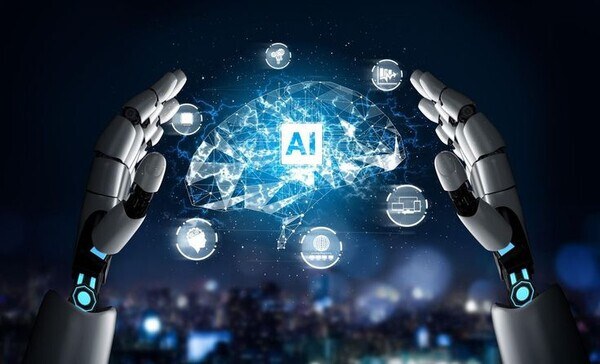
The rise of artificial intelligence (AI) is no longer a futuristic fantasy but a present reality, with its influence permeating every aspect of our lives. From Nobel Prize-winning research to the dominance of AI at global tech expos like CES, the AI revolution is upon us. At the heart of this transformation lies data processing, a domain where companies like NVIDIA have become economic powerhouses, their market capitalization dwarfing entire national economies.
For South Korea, this presents a critical juncture: will the nation be a leading player in the AI arena, or will it be relegated to the role of a consumer, dependent on the technological advancements of others? The answer to this question will determine the future of the Korean economy and its standing in the world.
To secure its place in the AI-driven future, South Korea must take decisive and comprehensive action. The government must lead the charge by establishing a dedicated AI ministry and appointing AI and virtual asset experts to the presidential office. The creation of a Data Agency is also crucial to effectively manage and leverage the vast amounts of data that fuel AI development.
Furthermore, the government must rectify past missteps, such as the abolition of the Ministry of Information and Communication, and reverse the damaging trend of R&D budget cuts. Investing in research and development is paramount to fostering a vibrant AI ecosystem.
However, government action alone is not enough. The private sector must also play a vital role. Companies must embrace AI technologies and invest in AI talent. Universities must adapt to the changing landscape by establishing computer science departments and nurturing future AI specialists.
Moreover, South Korea must address the talent drain towards the medical profession, which is depriving the AI, semiconductor, and bio industries of critical human resources. A balanced approach is needed to ensure that the nation has enough skilled professionals in all key sectors.
To attract and retain top AI talent, South Korea must offer competitive incentives, such as tax breaks for AI research and development and improved stock option schemes. The visa system must also be reformed to make it easier for foreign AI experts to work in the country.
In addition, the financial system must be geared towards supporting AI ventures and technology M&A. The Korea Development Bank should receive a substantial capital injection to facilitate this.
Finally, South Korea must leverage its existing strengths in manufacturing and automotive parts to develop world-class robotics companies. The combination of AI and robotics has the potential to revolutionize industries and create a new era of manufacturing prosperity.
The AI revolution also presents an opportunity to address societal challenges. By harnessing the power of AI, South Korea can create a more equitable and efficient society, where individuals are rewarded for their contributions.
The choice is clear: South Korea must embrace AI and take bold steps to become a global leader in this transformative technology. The nation's future depends on it.
[Copyright (c) Global Economic Times. All Rights Reserved.]



























